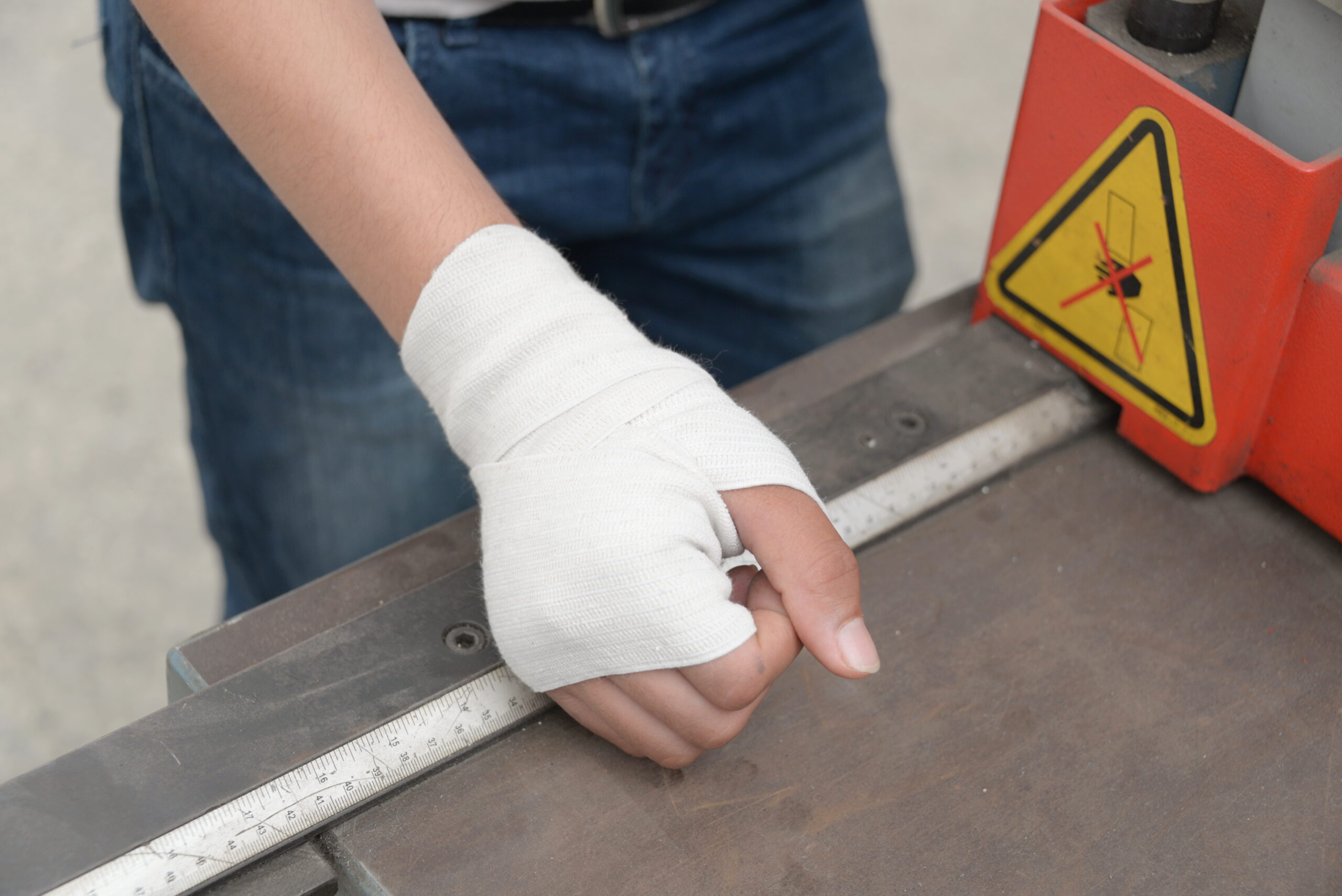
If you have suffered an injury while on the job, it can be a scary and overwhelming experience. Dealing with the physical pain and financial implications of your injury can be difficult. Fortunately, there are resources available to help you through this process. In this blog post, we will discuss what to expect when recovering from and navigating a work injury.
Report Your Injury
The first step in recovering from a work-related injury is to report it to your employer as soon as possible. You should also seek medical attention immediately to receive the care you need and ensure that your injuries are properly documented. Depending on where you live, there may be laws in place requiring employers to provide workers’ compensation insurance coverage for employees who are injured on the job. With that said, it’s important to familiarize yourself with these laws if they apply in your area so that you know what benefits you may qualify for if you become injured at work.
Filing A Claim for Workers’ Compensation Benefits
If your employer does offer workers’ compensation coverage, the next step is to file a claim for benefits with their insurance carrier or the state’s workers’ compensation board (depending on where you live). When filing your claim, make sure to provide as much detail about your accident as possible so that the claims adjuster has all of the information they need in order to process your claim quickly and accurately. Keep copies of any paperwork related to your claim so that you have a record of what was submitted and when it was submitted. You may also want to consult with work related accident lawyers if you have any questions or concerns about filing a claim or appealing a denied claim.
The Recovery Process
Once your claim has been approved by the insurance company or workers’ compensation board, it’s time to start focusing on recovery and getting back into good physical shape. Depending on the nature of your injury, this could involve anything from physical therapy sessions several times per week; taking regular breaks throughout the day; using assistive devices such as crutches or wheelchairs; or getting fitted for prosthetics if needed. It’s important not to rush through this process—take things at whatever pace works best for both your body and mind so that you can make a full recovery without further injuring yourself down the road. Of course, don’t forget about mental health too! Taking care of yourself mentally is just as important as taking care of yourself physically during this process. Talk with family members or friends who can provide emotional support during this difficult time and don’t hesitate to reach out for professional help if needed!
Navigating a work-related injury can be an overwhelming experience but understanding what steps need to be taken—from reporting the injury initially through filing a claim for benefits—can help make it easier for those affected by such an unexpected event in life. Remember that resources are available throughout each stage of recovery, including legal advice from professionals who specialize in workers’ compensation law, medical assistance from certified physicians, emotional support from family/friends/professionals, etc., so take advantage of these services whenever possible! It’s important not to take things at too quick of a pace but rather move forward at whatever speed works best for both body and mind during this journey toward recovery!


